Procedural language vs Object-oriented language
Even the paradigms are different in C and Java. While C is a procedural language, Java is OOP. So, does the Java programming for beginners need the C language background? Both are two different programming languages as they can be. Except for the common fact that both are programming languages, while C is basic, Java is intense. Therefore, let’s see the paradigms behind both the programming languages and how different they are.
What is C Language?
As already mentioned, C is a procedural language founded way back in 1972 by Dennis Ritchie. The idea behind the development of C was to come with a simple programming language to build operating systems. Therefore, C is essentially a low-level, simple, programming language.
When we say, C is a low-level language, it has direct access to memory through pointers. This means it is the programmers’ responsibility to access memory and its management.
The C language has a simple set of keywords and header files that make C language suitable for OS and compiler development.
What is java Language?
Java is an OOP language developed originally by Sun Microsystems and introduced in 1995. Java is object-oriented, platform-independent, Secure, portable, robust, high-level, dynamic, distributed, interpreted language.
object-oriented – Everything is an object in Java. OOP enables the reusability of code, helps in a modular approach and can be easily extended.
Platform independent – When Java code is compiled, it is compiled directly into platform-independent byte code unlike in C, C++. This byte code is not specific to one platform but can be executed on any operating system. Then the byte code runs on the JVMs for that OS and interpreted for the same output in all Operating systems.
Secure – The secure feature of Java is due to its byte code. The byte code is not machine code and contains certain symbols of Java. It is the byte code that travels from one system to another and there with the help of JVM, the byte code is converted to machine code making the entire journey fully secured.
Portable – The same byte code of Java can be run on any operating system.
Robust – Java is stronger with its memory management system, eradication of pointer systems building a better security system in Java. Also, its two-time error checking system during compiling and interpreting provides better reliability.
High-level – It is away from the computer’s machine language. It is written in simple, easy to understand language.
Distributed – This means a java program written and compiled in one machine can be transferred to another and executed on another because of the portability of the byte code.
H2K Infosys offers the best Java training in the USA for beginners as well as advanced Java concepts in our 100+ hours Java program.
Procedural Language Vs OOP:
Definition:
POP – It’s a top-down approach, where the programmer divides the program into a collection of variables and routines.
OOP – It’s a bottom-up approach. Here, the systems are added together to form a complex system. Here, the classes and objects are created to form models similar to the real-world environment.
Approach:
POP- The main program is further divided into sub programs and these sub-programs are treated as small individual programs.
OOP- Here, the programs revolve around classes and objects.
Access Modifiers:
POP- All are global variables
OOP- There are public, private, protected access modifiers.
Security:
POP- Security can not be vouched for in POP.
OOP- Due to abstraction and encapsulation, data is highly secured.
Complexity:
POP- Do to the modular approach, data objects can be easily added without disturbing the entire program.
OOP- No easy way to add data without disturbing the entire program.
Verdict: As the POP and OOP are as different as they can be, we would say that learning C cannot in any way add value while learning Java.
For Java online training in the USA, check out our courses section at www.h2kinfosys.com.


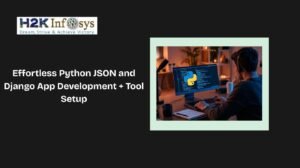

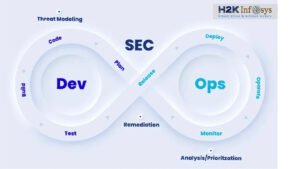








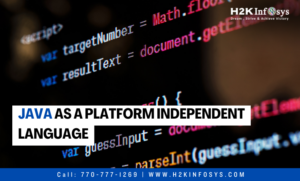





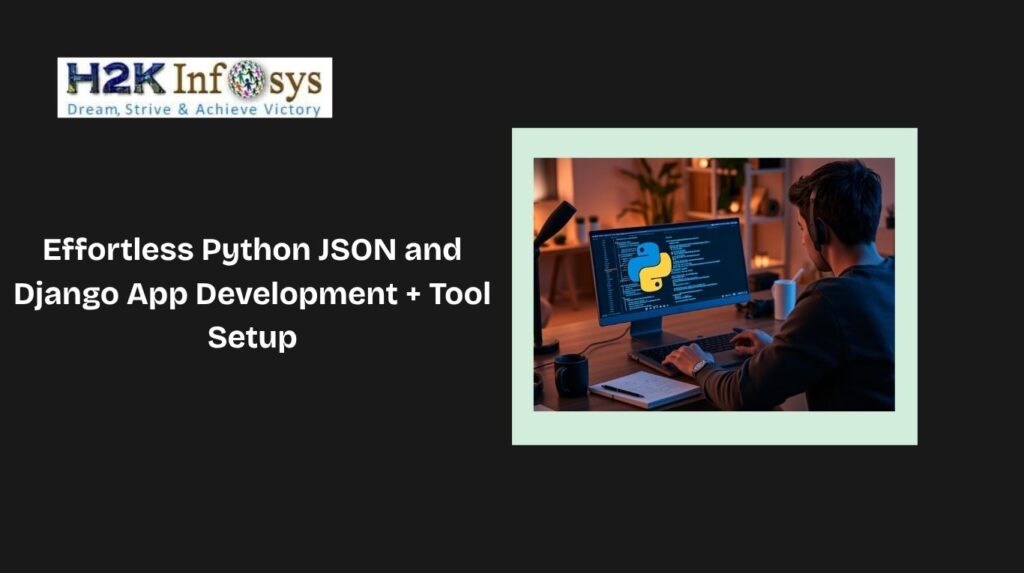

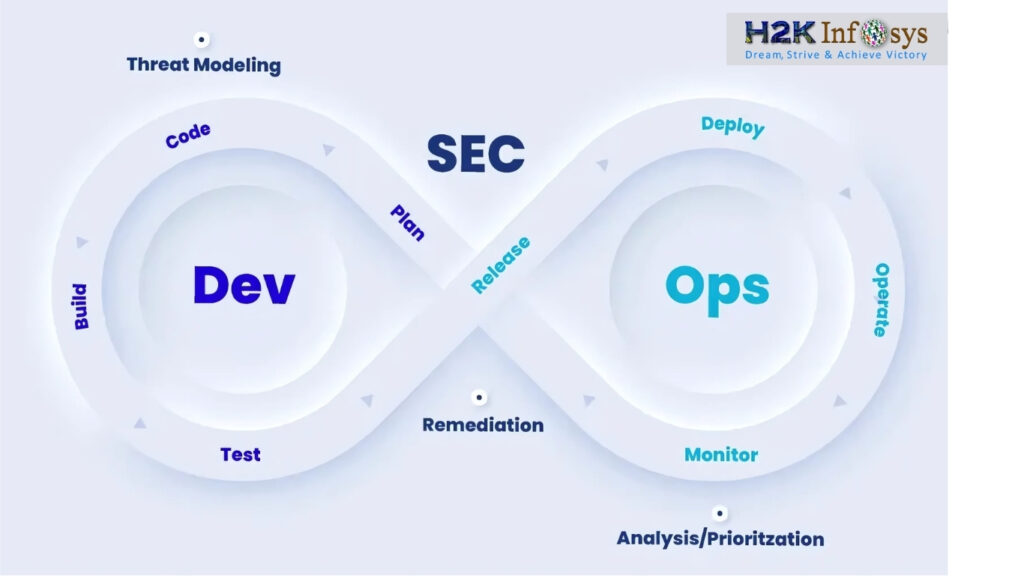
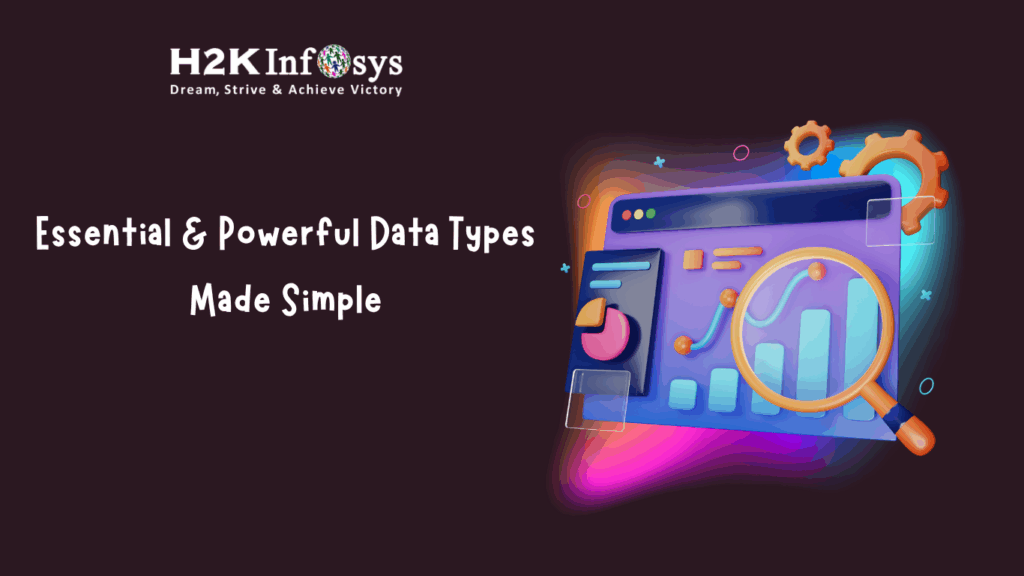

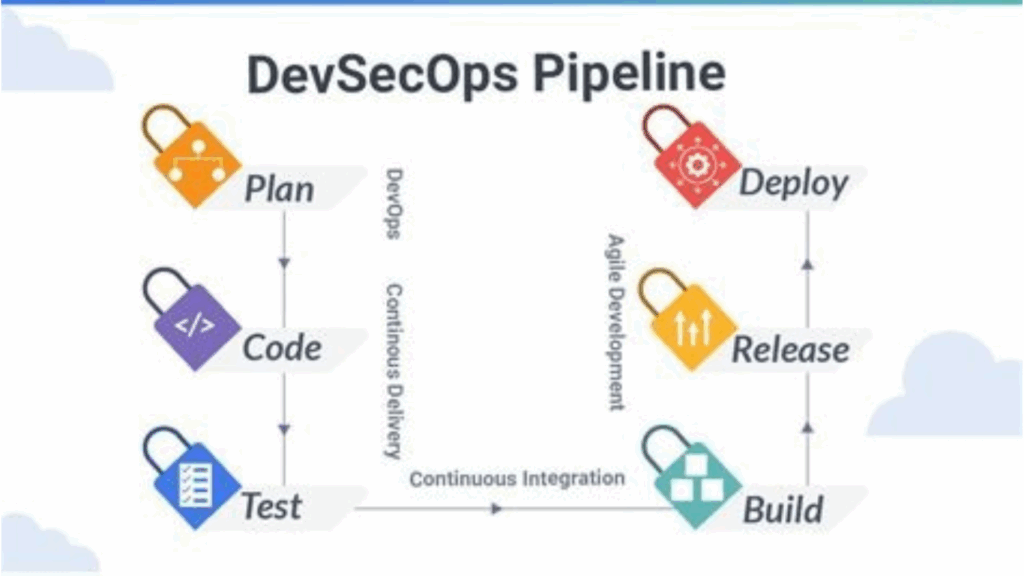


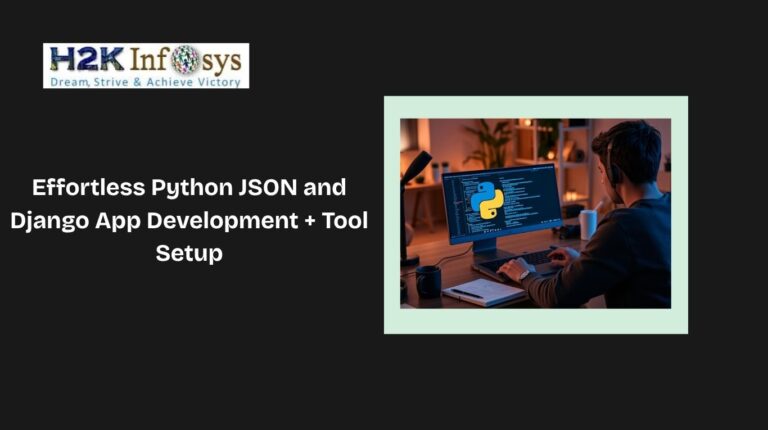


One Response